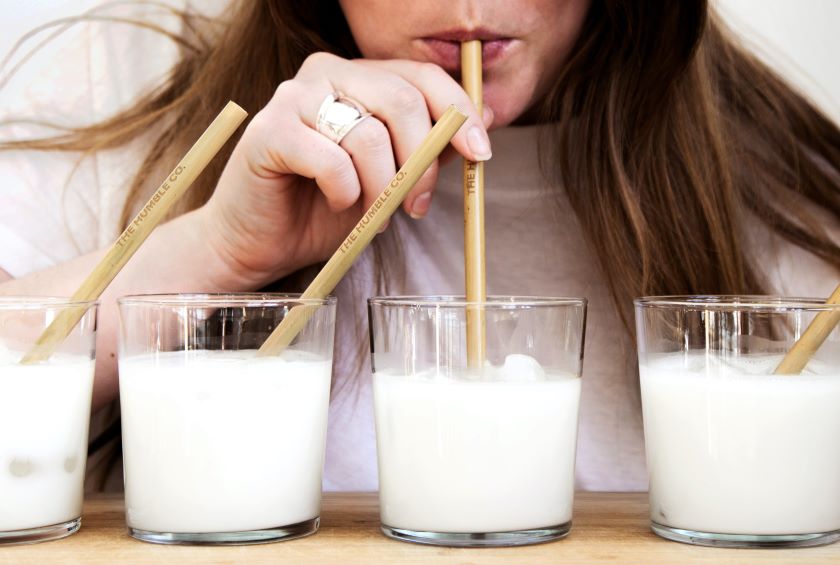Being vegan doesn’t mean you have to miss out on calcium-rich foods or rely solely on supplements to get by.
It’s a common misconception that dairy is one of the only viable sources of calcium, in fact there are a wide range of sources that vegans – and lactose intolerant people – can make the most of to maintain a balanced diet.
However, calcium deficiency is a significant issue affecting people of all ages. Experts recommend adults obtain 1000 milligrams of calcium a day, but a PubMed journal study found that 69% of male young adult and 83% of female young adult participants failed to meet the Estimated Average Requirement (EAR) of calcium, and this number was even higher in the adolescent age group, with 95% of female participants not meeting the EAR.
Those lacking the mineral are at a dangerous risk of bone loss and brittleness, and more significantly, developing osteoporosis. The Australian Bureau of Statistics found that 20% of people aged over 75 had the condition in 2018, and it’s women who are at the most risk, coming in at a 19% higher incidence than men in this age group.
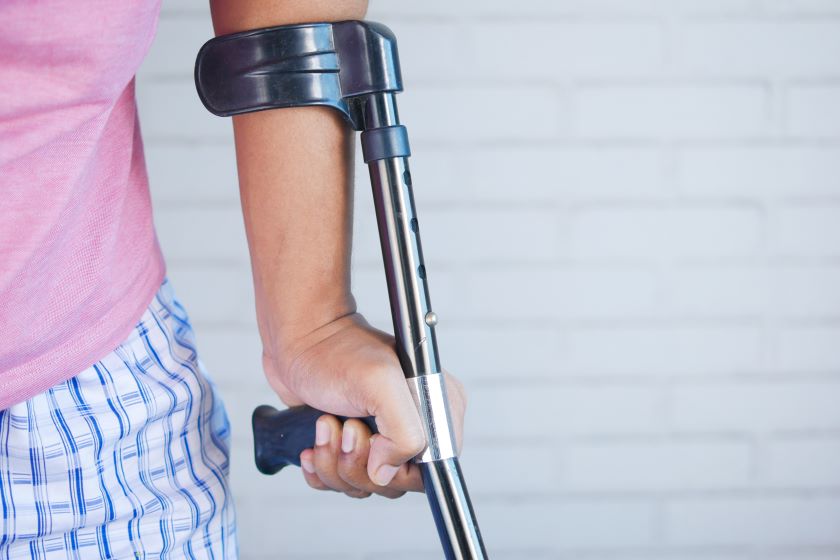
As they say, prevention is better than cure. One of the best steps to take is to ensure you’re getting all the necessary vitamins and minerals, calcium being one of the most important. Vegans may have less choices at the supermarket, but that doesn’t mean they have to miss out on this essential mineral.
Here are some of the best options to stock up on:
Although some greens like spinach contain a higher number of oxalates – which bind nutrients and prevent absorption – kale, broccoli and bok choy can be more bioavailable options. One cup of cooked kale contains 268 milligrams calcium, similar to a cup of dairy milk.
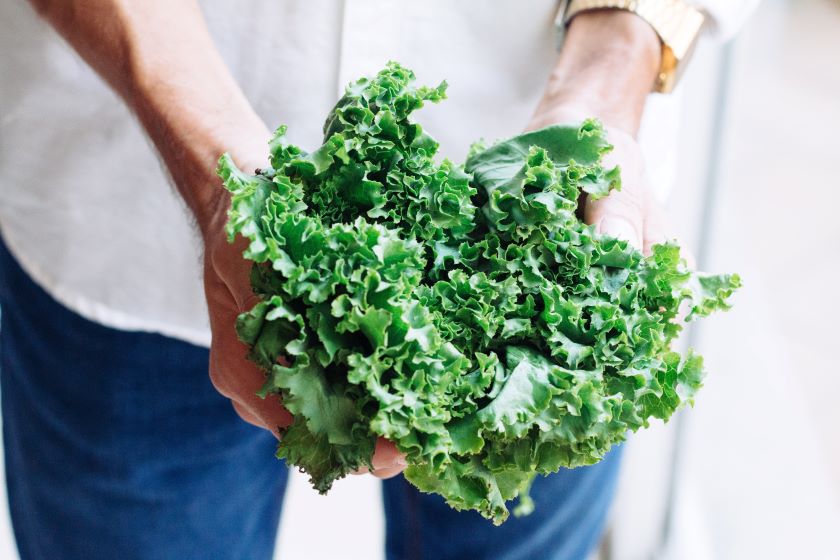
Almonds
Almonds offer 246 milligrams of calcium per cup – of course, people aren’t likely to consume a whole cup, as such this is a good choice to add a boost of the mineral, but not relying on them alone. Pistachios are also a great option, and they have less oxalates, meaning the calcium will be better absorbed.
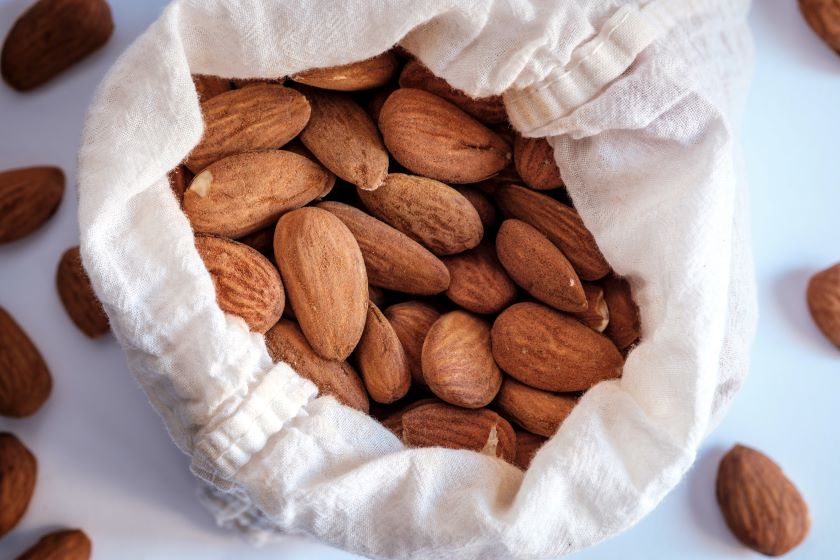
This is already a nutritional powerhouse, known for its high vitamin K content and probiotics. While less well-known, its calcium content is nothing to brush off. Coming in at 43 milligrams per cup, this fermented dish may be lower in calcium than some of the other foods on this list, but it is still a bone-strengthening powerhouse due to its vitamin K2 content and adding a little to your diet is a great way to stave off osteoporosis.
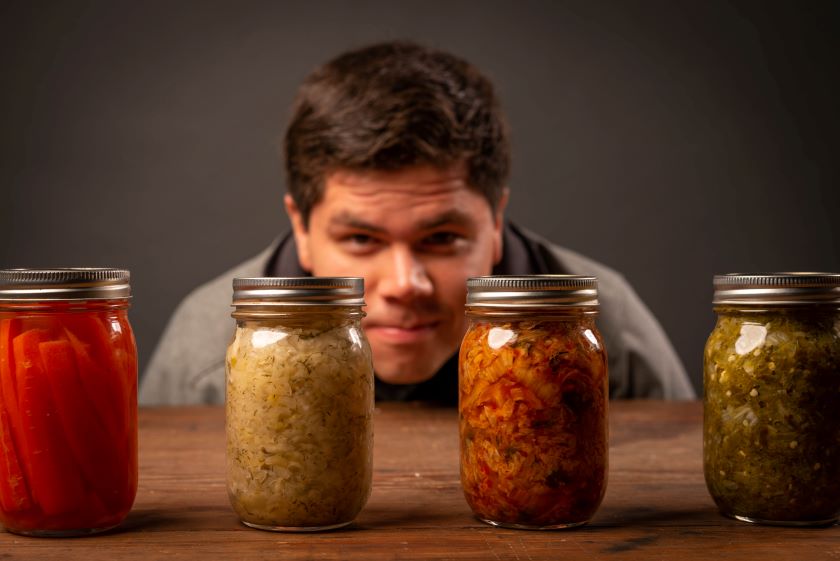
Plant-based milk
While many prefer to get their calcium naturally occurring in their food – such as in broccoli or cheese – there’s nothing wrong with including synthetic calcium in your diet and it can be a beneficial way to meet the daily requirements.
Many plant-based milks have calcium fortified into them, and this is still a great way to help reach that thousand milligram goal. Some of these milks also have the added benefits of other vital vitamins like B12 and vitamin D being fortified into them. Oat, almond, rice and soy milk are some of the many choices available, but make sure to check the nutritional profile on the back – some brands have more calcium than others.
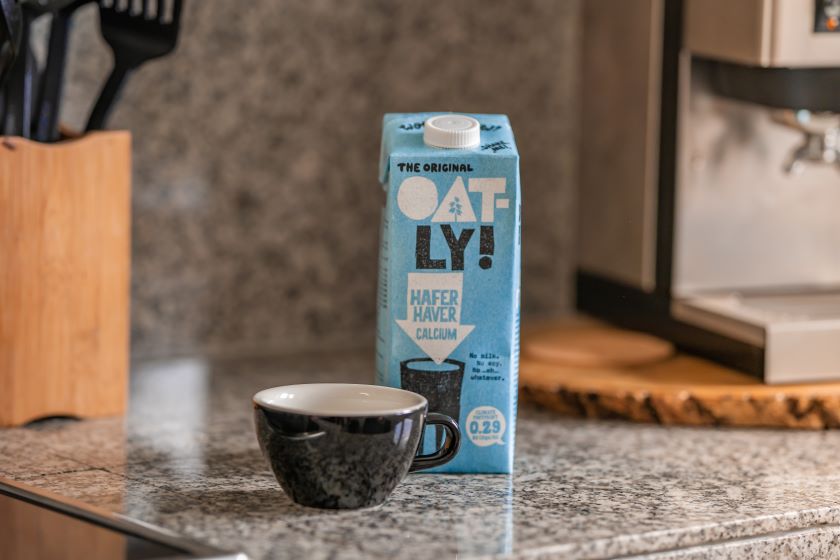
Tofu
Tofu can be a great source of calcium, but be aware than not all brands are built the same. Some offer drastically higher amounts than others and this depends on the method and ingredients with which the tofu was set. If calcium sulfate is used for this process, then it will certainly pack a healthy dose of calcium into a meal, with some coming in at 350 milligrams in a serve – making it the greatest source on this list.

Including multiple sources of calcium is reported to be the best way to meet the daily requirements. As such, to ensure a balanced diet, try to avoid relying on loading up on one source of calcium to meet the recommended intake.



